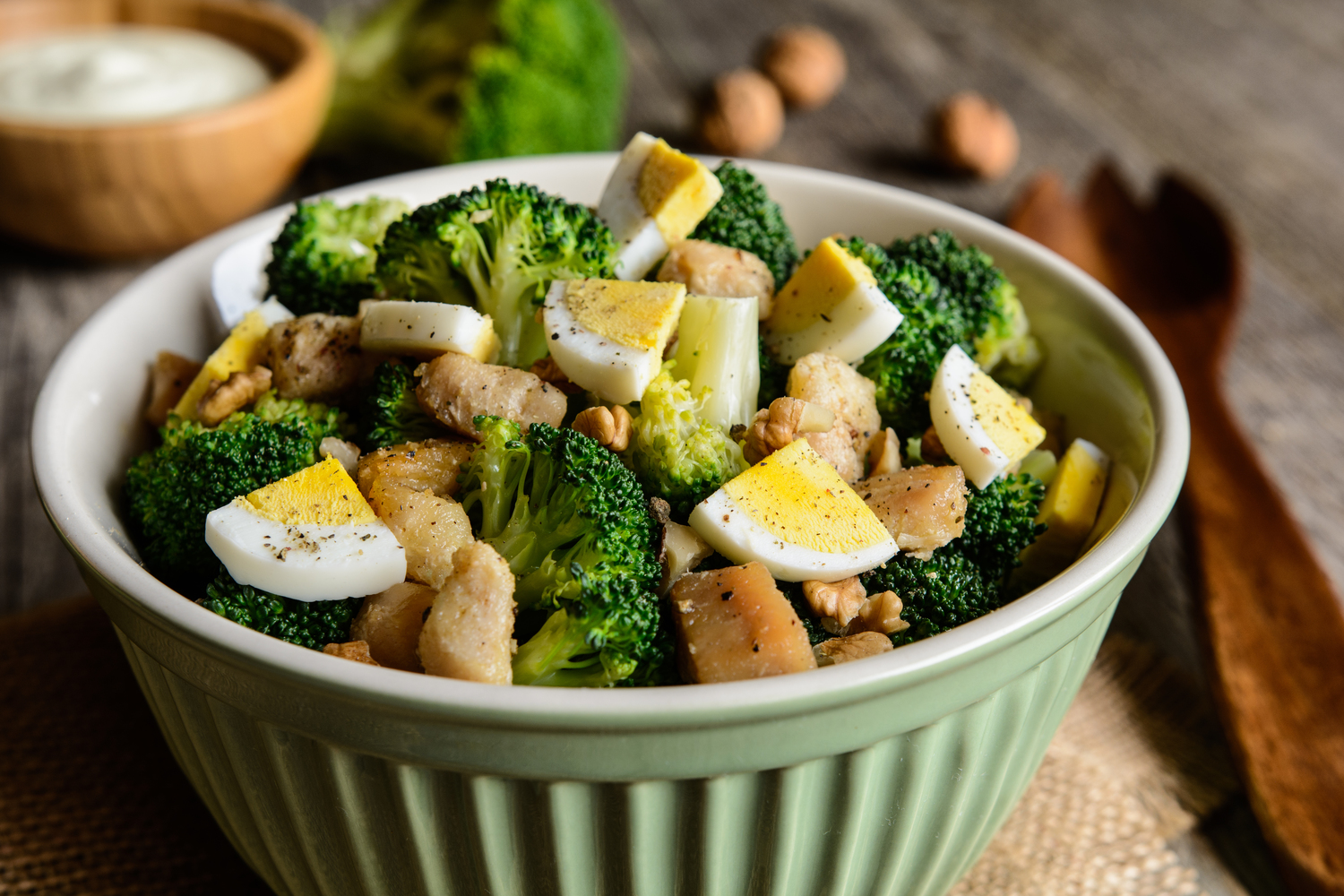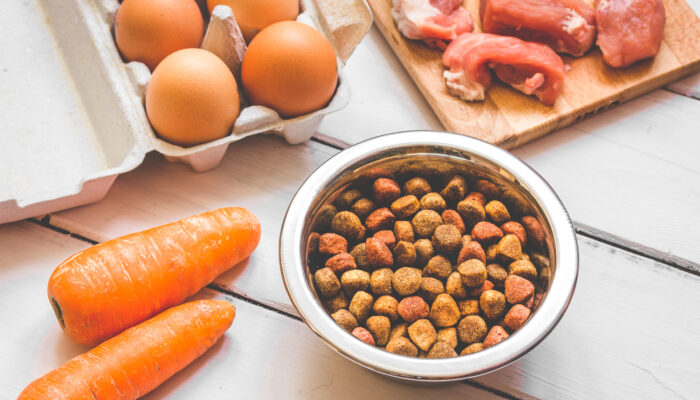
Eliminate These Foods from a COPD-friendly Diet
Chronic Obstructive Pulmonary Disease (COPD) is a respiratory condition that obstructs airflow from the lungs. The condition causes symptoms like mucus (sputum) production, breathing issues, cough, and wheezing and can be caused by long-term exposure to irritating gases or particulate matter. Apart from lifestyle changes and medication, food plays a key role in its progression, so foods that aggravate the symptoms are best left out of one’s diet. Here are a few common foods that act as triggers for COPD:
Fried foods
Fried foods like french fries, onion rings, and chicken wings require extra effort during digestion, which can result in bloating and make it difficult to breathe freely as the diaphragm hurts due to the gas produced by the digestive juices. Also, these foods cause weight gain, and the extra fat accumulates around the middle of the torso, increasing the pressure on the diaphragm and worsening the symptoms.
Aerated drinks
Aerated drinks contain fizz, which is nothing but carbon dioxide, along with artificial sweeteners, preservatives, and colors, which are harmful to people with COPD. Besides, these additives have no nutritional value, and carbon dioxide can increase pressure on the torso, adding to the breathing difficulty of COPD patients. So, one should choose to drink water to stay hydrated and provide the body enough fluid to carry out all metabolic activities.
Cruciferous vegetables
Another common food group that acts as a trigger for COPD is cruciferous vegetables. Although rich sources of vitamin A and C, the fiber content in these vegetables causes bloating and gas during digestion, leading to increased pressure on the diaphragm that may worsen dyspnoea or shortness of breath among people with COPD. Some cruciferous vegetables that are best avoided by patients include Brussels sprouts, broccoli, bok choy, cabbage, kale, and cauliflower.
These veggies can be replaced with citrus fruits, carrots, squash, and sweet potatoes that also contain these nutrients.
Dairy produce
Milk is usually regarded as a complete food as it is loaded with calcium and vitamins, but it is one of the major food triggers for COPD. The body produces casomorphin upon the digestion of milk, which increases mucus production and a lot of phlegm that needs to be expelled from the body. The body primarily disposes phlegm and mucus by coughing it out, but this can be counterproductive for people with COPD as extra coughing and wheezing can cause discomfort and pain. So, it’s advisable to avoid the warm glass of milk at night before sleeping. Other dairy products COPD patients should stay away from are yogurt, cheese, ice cream, butter, and buttermilk. Instead, they can opt for alternatives like almond milk or soy milk.
One should consult a doctor before making any major changes to their diet to prevent any complications of COPD.



